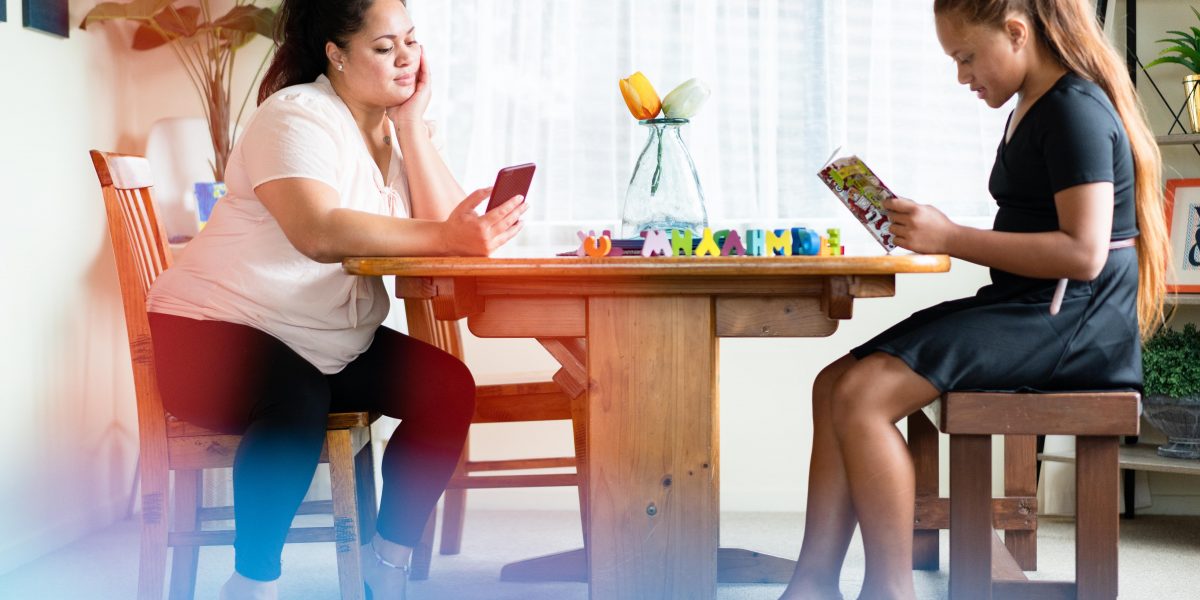Contact tracing is an important part of stopping the spread of the coronavirus. But, officials are cautioning people to watch out for scammers, people pretending to do contact tracing, in order to get sensitive personal and financial information.
On a recent episode of the podcast “Coronavirus: Fact versus Fiction”, CNN’s chief medical correspondent Dr. Sanjay Gupta shares what real contact tracers will ask:
“If you have tested positive for the virus, a contact tracer will ask you a series of questions, about where you have been lately and who you have come into contact with. They might also ask you about your symptoms and your living situation, your work life. If you are someone who is not infected but came in contact with an infected person, a contact tracer will ask you questions about your ability to self-quarantine. And they may connect you to services to get a test for the virus,” said Dr. Gupta.
A real contact tracer will never ask you for financial information like a bank account, credit card or social security number. And they will never ask for a fee.
If someone claiming to be a contact-tracer asks you for that kind of information, that is a tip-off that you are dealing with a scammer.
Also, if you get a text from a real contact tracer, they will never tell you to click on a link for more information. That’s a sign that the text is fake.
“A link like this could be used to get malware onto your device. Afterward, scammers may be able to access your personal accounts, look at private messages and even see what you type, including passwords. So there’s the lesson. Real contact tracers will never tell you to click on a link,” said Dr. Gupta.
But Sanjay Gupta also says, don’t let scammers scare you away from talking with real health care providers. If you are worried that you have been exposed to the virus, contact your health clinic.
As Public health officials keep saying: If you are sick, stay home. And get tested if you think you have been exposed. Wash your hands, keep social distancing, and wear a mask out in public.


 Pregnant Women Should Take Extra Precautions During Pandemic
Pregnant Women Should Take Extra Precautions During Pandemic